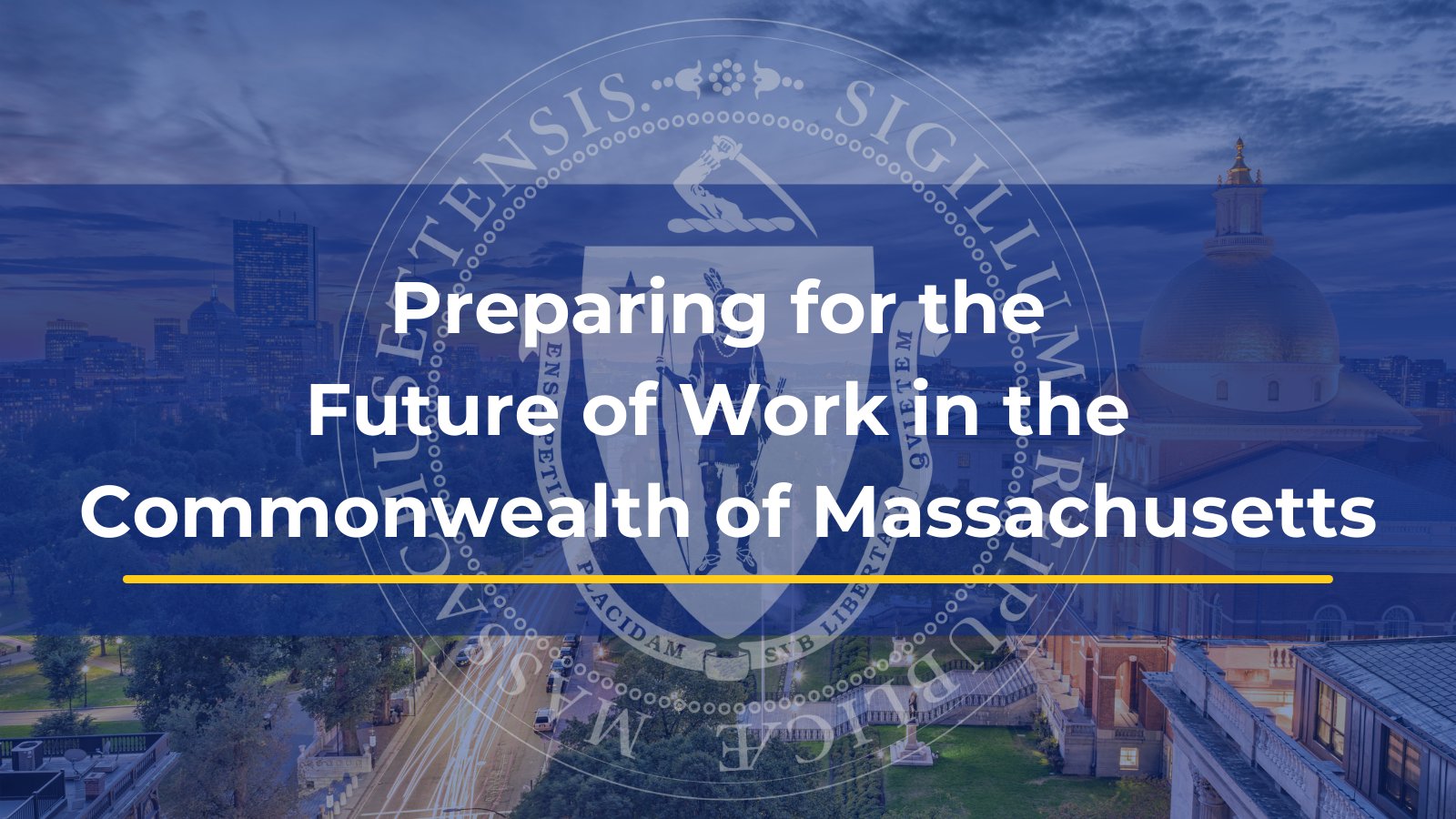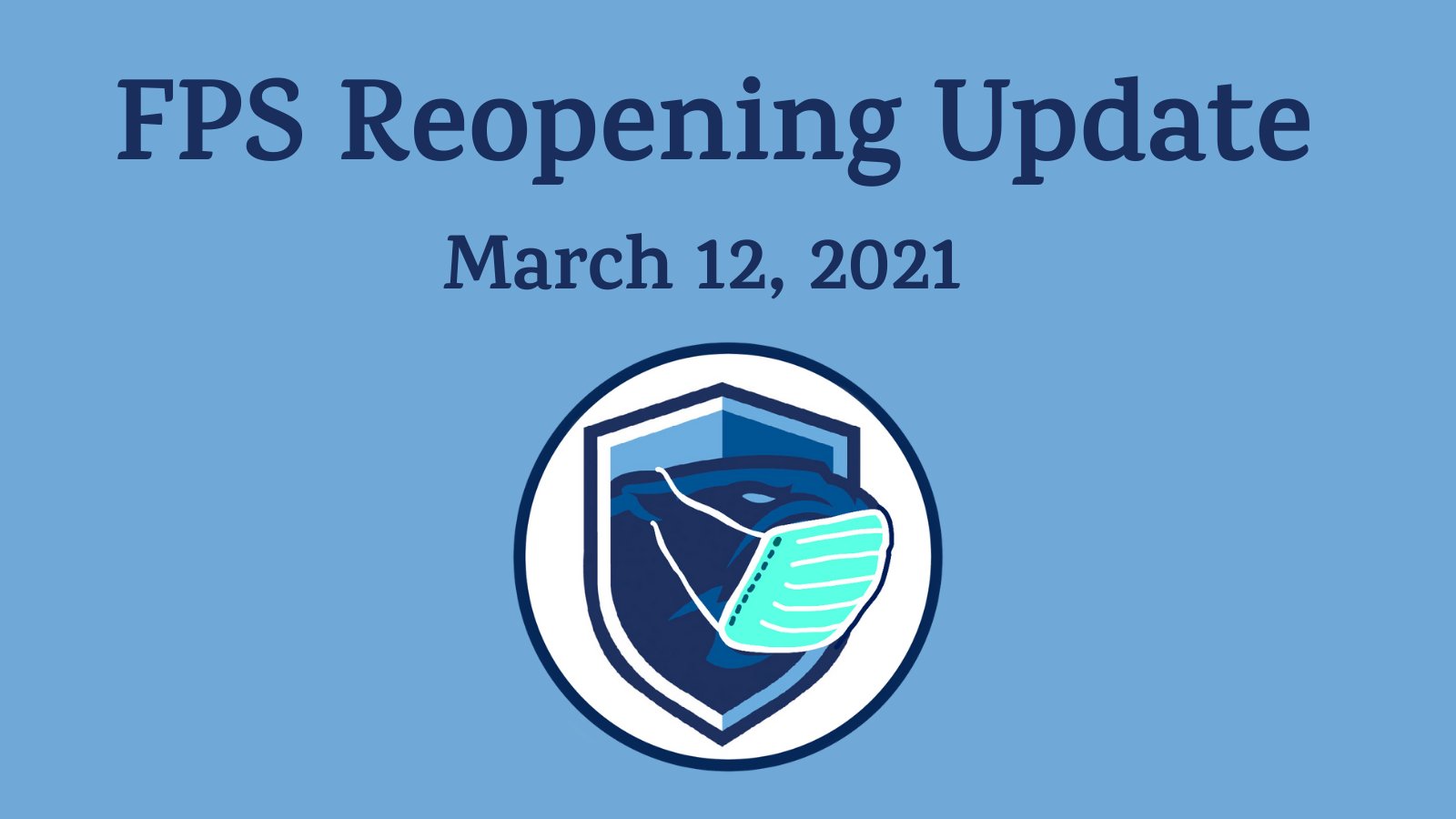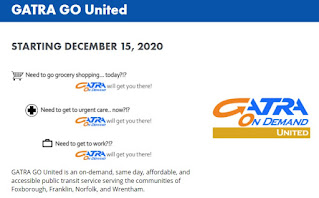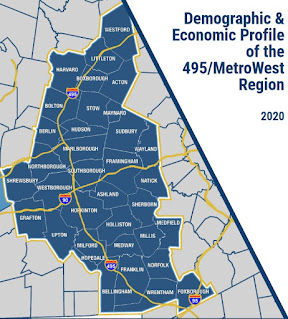Massachusetts Legislature Passes Bill Authorizing $350 Million in Funding for Transportation Infrastructure
The Massachusetts Legislature on Thursday passed a bill that will invest $350 million in municipal transportation and selected statewide transportation infrastructure projects.
The bill, An Act financing improvements to municipal roads and bridges, authorizes $200 million for municipal roads and bridges through the chapter 90 program and $150 million to support statewide projects to address congestion, support electric vehicle infrastructure, prioritize bus infrastructure, and improve public transit.
"As travel returns to pre-COVID levels, our transportation system has a vital role to play in getting us back to better," stated Senate President Karen E. Spilka (D-Ashland). "The Chapter 90 proposal advanced by the Senate and House today authorizes $200 million for roads and bridges across our state and makes additional investments in emerging electric vehicle infrastructure which will greatly benefit the Commonwealth's residents. Passage of this legislation is critical to maintaining a transportation system that is sustainable, reliable, accessible and climate resilient. I am grateful to Senators Rodrigues, Boncore, and Feeney as well as Speaker Mariano, Rep. Michlewitz, Rep. Straus, Gregoire and their staffs for their collaboration."
"I would like to thank Chairs Michlewitz, Straus and Gregoire, as well as Senate President Spilka and her colleagues, for their work on the Chapter 90 bill," said Speaker of the House Ronald J. Mariano (D-Quincy). "This bill not only authorizes $200 million for roads and bridges but advances our priorities by investing in projects that municipalities will use to improve our transportation system, such as increased access to transit and specifically buses."
"As we continue building back to our new better, Chapter 90 funding remains an important mechanism through which the state can directly support cities and towns in Massachusetts," said Senator Michael J. Rodrigues (D -Westport), Chair of the Senate Committee on Ways and Means. "Thank you to Senate President Spilka and Senators Boncore and Feeney for their leadership, and to my colleagues in the Legislature for their urgency to direct funding to projects that will make a real difference in their communities and strengthen our local infrastructure across the Commonwealth."
"These critical funds will ensure that our transportation needs are addressed all across the Commonwealth" said Representative Aaron Michlewitz, Chair of the House Committee on Ways & Means (D-Boston). "I want to thank the Speaker, Chairs Straus and Gregoire, and our colleagues in the Senate for the hard work they put into this legislation, and for continuing to prioritize out transportation system".
"Public transportation is a public good. The $350 million investment is among the largest Chapter 90 bond bills to date and represents the Legislature's commitment to safe roads, reliable bridges, and modernized transit infrastructure," said Senate Transportation Committee Chair Joe Boncore (D-Winthrop). "In addition to funding shovel-ready projects, the Chapter 90 bond bill makes statewide investments support public transit, address traffic congestion, and advance electric vehicle infrastructure and fleets."
"This legislation recognizes that in addition to the backlog of local roads in need of repair, there is an unmet need for local projects that benefit all modes of transportation, and I am pleased that the legislature was able to provide municipal assistance for road work and expanded funding for towns and cities to advance public transit and reduce congestion," said Rep. Bill Straus (D-Mattapoisett), House chair of the Joint Committee on Transportation.
"The funding provided through this critical legislation allows our cities and towns the ability to move forward on the necessary repairs and improvements to keep our roads, bridges and infrastructure safe for the residents of our communities," said Representative Gregoire, co-Chair of the Joint Committee on Bonding, Capital Expenditures and State Assets . "I am grateful to Speaker Mariano for the opportunity to play a small part in its passage."
"Today's final enactment of $350 million in Chapter 90 bond authorizations is a smart investment for the Commonwealth," said Senator Paul R. Feeney (D-Foxborough), the Senate Chair of the Joint Committee on Bonding, Capital Expenditures and State Assets. "There is no question our local infrastructure is in dire need of repairs and upgrades. As we recover from the pandemic and businesses and offices re-open, more people are hitting the roads and commuting once again. This comprehensive investment in our transportation infrastructure will put people to work and allow our city and town officials to forge ahead with the critical projects necessary to keep our communities moving along safely."
"The members of the Senate Republican Caucus are pleased to join with our colleagues in passing Chapter 90 legislation that will provide valuable resources to our cities and towns to construct and maintain the roads and bridges all of us depend on every day. Road paving, bridge construction and repair, and similar projects are important to our economy, our safety, and our quality of life, but their costs can be a major challenge for municipal budgets," said Senate Minority Leader Bruce Tarr (R- Gloucester). "The spending authorizations contained in this bill will provide the resources and support needed urgently to respond to that challenge and make those projects possible this year."
"The long-standing state-municipal partnership established under the Chapter 90 program is critical to helping cities and towns meet their transportation infrastructure needs. Today's agreement continues the House and Senate's ongoing commitment to support this important road and bridge program. Combined with the funding increases for targeted municipal transit-related grants, this bond bill will allow cities and towns to focus on addressing some of their most critical transportation needs," stated House Minority Leader Brad Jones (R-North Reading).
The bill includes the following components:
- $200 million in chapter 90 funding for cities and towns for projects to maintain, improve, and repair roadways, bridges, sidewalks, and bikeways.
- $25 million for the Municipal Small Bridge Program to support replacement or preservation of structurally deficient local bridges critical to local communities and not eligible for existing federal aid programs.
- $25 million for the Local Bottleneck Program to address localized traffic bottlenecks and invest in infrastructure to reduce congestion, improve traffic flow, and reduce idling and greenhouse gas emissions.
- $25 million for Electric Vehicle (EV) infrastructure to support municipalities and regional transit authorities in their efforts to install EV infrastructure and purchase EVs and zero-emission vehicles.
- $25 million for Transit-Supportive Infrastructure to create dedicated bus lanes, enhance bus stops and train stations, support passenger safety, upgrade technology and modernize infrastructure to meet demand and increase frequency of public transit services, and improve access to public transit.
- $25 million for Bus Prioritization and Enhancement Projects to support municipalities in their efforts to create bus rapid transit lanes, construct catenary wires for electric trolley buses, purchase equipment for transit signal prioritization, and make improvements at bus stations and stops.
- $25 million for Enhancements at Transit and Commuter Rail Stations to support municipalities in their efforts to construct parking lots and structures, drop-off and pick-up zones, electric vehicle charging stations, park-and-ride locations, bicycle parking or bicycle cages, and accommodations for micro-mobility devices.
The bill also includes language clarifying that transportation infrastructure projects are an allowable use of American Rescue Plan Act funds, consistent with U.S. Treasury guidelines. Having been passed by the House and Senate, the legislation now goes to Governor Baker for his signature.










